The food industry is constantly evolving. The reasons are the constant change in consumer demands, the enhancement and advancement of technology, and the insight into nutrition and environmental sustainability. From novel plant-based innovations to AI meal planning, today’s food trends represent a step further toward health, sustainability, and convenience. Here are 20 surprise food industry trends that could change your diet.
Sustainable and Regenerative Agriculture

Sustainable agriculture is more than regenerative agriculture. It is designed to revitalize soil health, improve biodiversity, and capture carbon. Consumers will then consume fresher, healthier foods while contributing to the environmental conservation efforts of their favorite food companies.
Plant-based protein boom
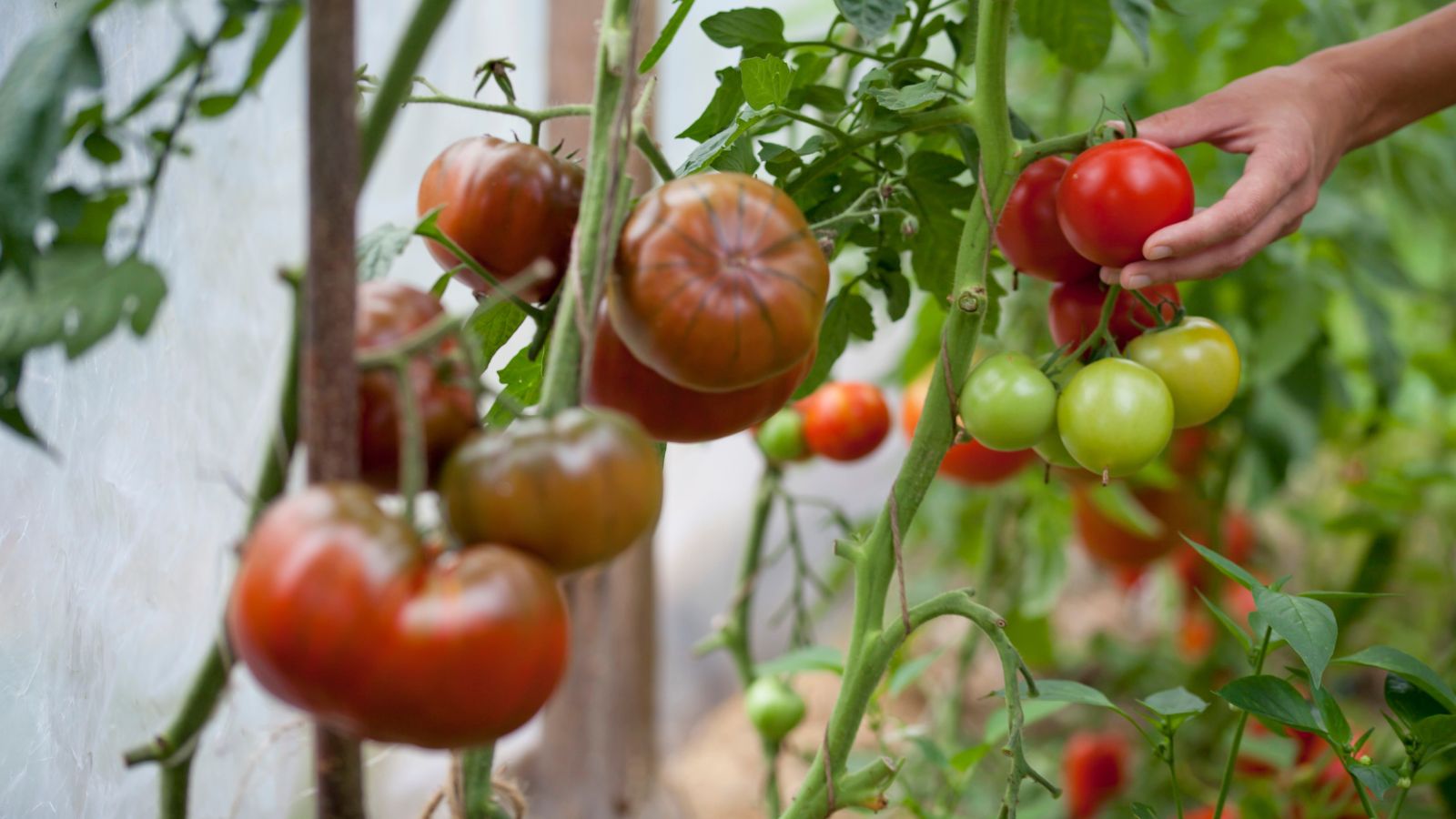
With more people taking heed of the environmental impact of meat production, plant-based protein options are booming. While there’s plenty of traditional tofu and tempeh, customers have many other options, like pea, mushroom, and even more recent lab-grown options. Such alternatives deliver fundamental nutrients with a reduced ecological footprint; hence, it is the staple for any vegan and flexitarian.
Zero Waste Movement

It promotes food waste minimization down the supply chain. From “ugly produce” boxes to compostable packaging, that is one strategy in minimizing the volume of waste produced to as close to zero as possible, favorable to both the consumer and the environment.
Fermented Foods for Gut Health
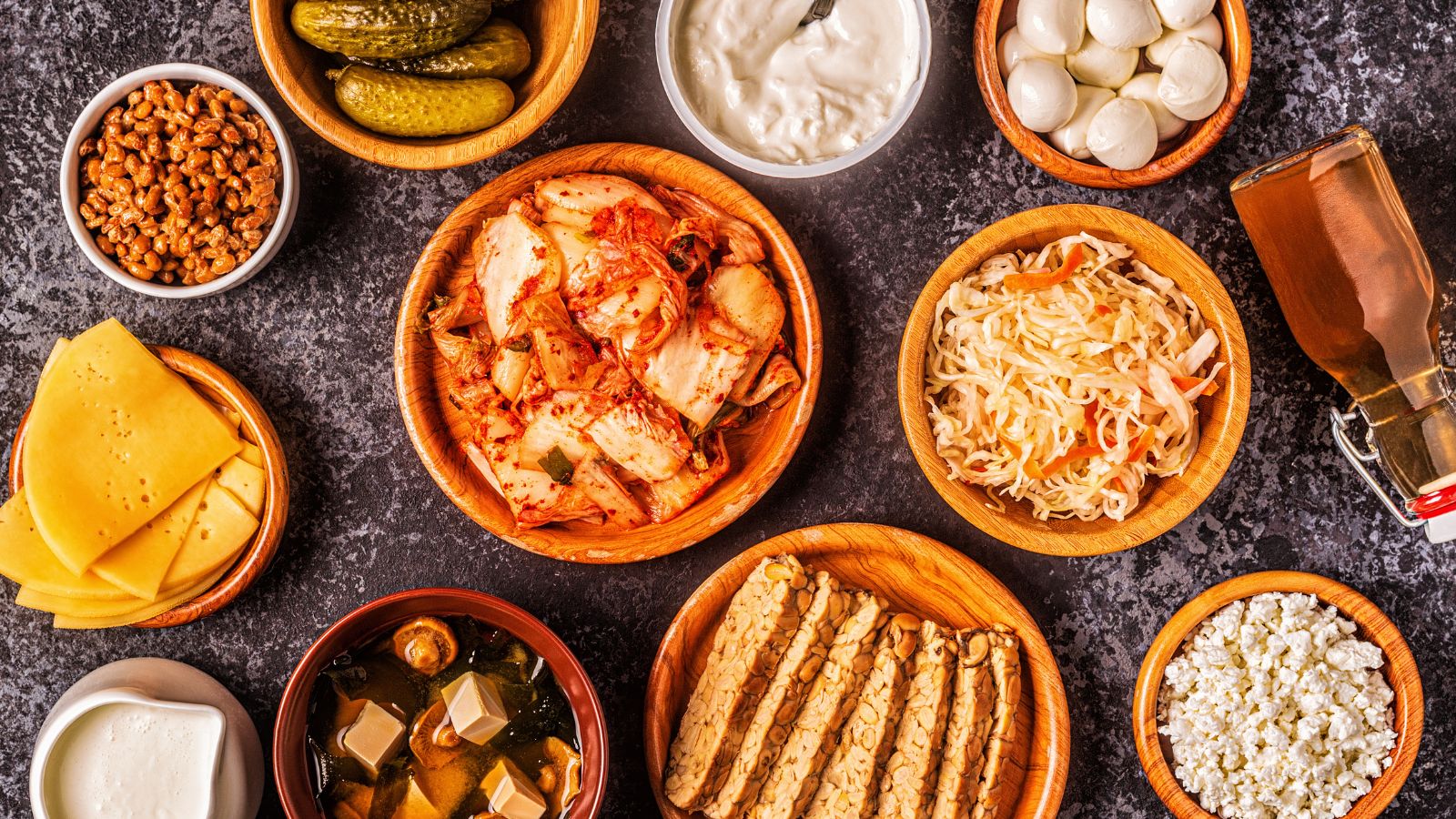
Fermented foods like kombucha, kimchi, and kefir contain high levels of probiotics that improve digestive and health functions. Because they are associated with healthy gut function, they are easy to add to any meal plan.
Meal Planning Using Artificial Intelligence

Now, we can generate meal plans using AI technology according to a user’s preference, health goals, and ingredients. AI has made it easier for people to make healthy decisions because the AI meal planners will only suggest recipes based on specific diet requirements and dietary restrictions.
Custom Nutrition

Advances in genetics and artificial intelligence are pushing the personalized nutrition trend, from diet plans tailored to your specific genetic makeup to your lifestyle and health goals. Personalized nutrition apps and DNA tests have made this trend accessible, promising individualized diets that boost health outcomes.
Transparency and Ethical Sourcing
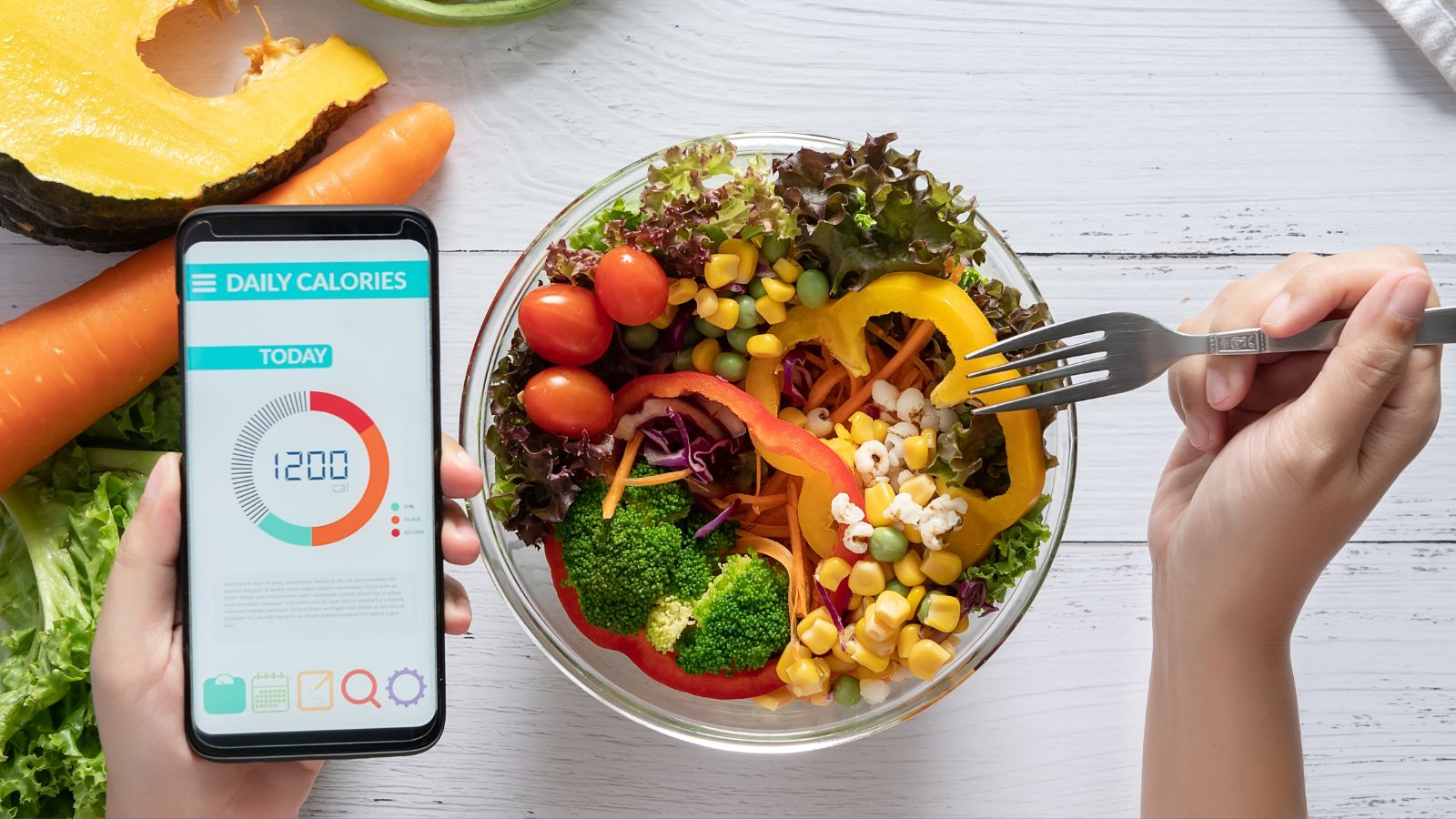
Customers are more aware of how the food they consume is manufactured these days. Ethical sourcing, transparency in labeling, and fair-trade certification all enter purchasing decisions, forcing companies to let consumers know where all that stuff comes from, ultimately benefiting consumers and producers in the long run.
Sugar Alternatives

Many consumers are becoming increasingly concerned about sugar and its adverse health effects. Consumers today are looking for more options that give sweetness without increasing blood sugar levels. A few such alternatives include monk fruit, stevia, and allulose.
Functional Beverages
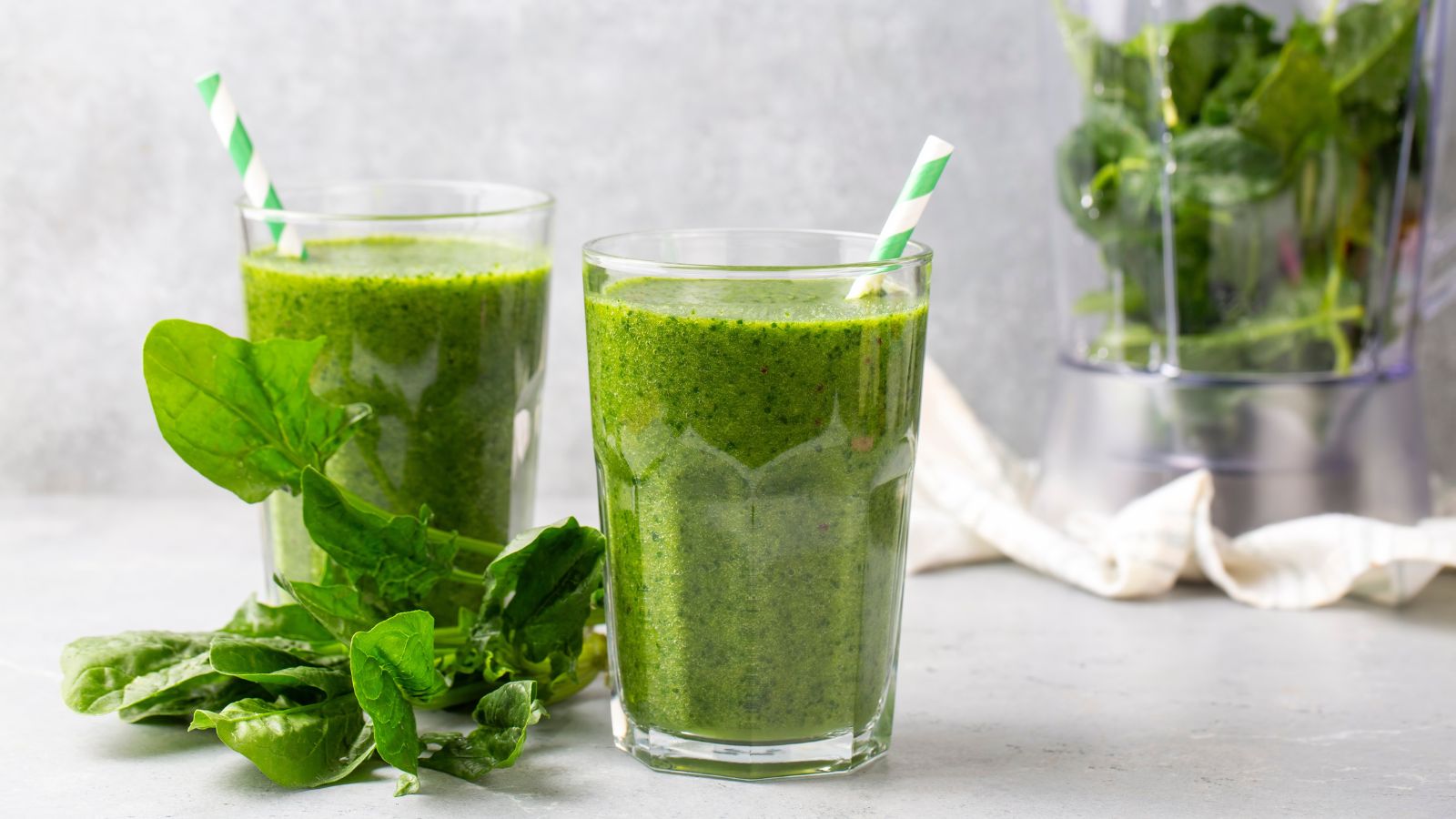
Today, some drinks are being marketed with specific health benefits, such as energy boosts or immune support. Functional beverages may contain ingredients like adaptogens, probiotics, and vitamins, appealing to people seeking quick, on-the-go health solutions without taking supplements.
Mindful eating and intuitive eating

This allows a mindful approach toward eating by slowing down to carefully pay more attention to your cues about hunger and satiety instead of calorie counting, thereby contributing to proper digestion, healthy mental being, and food health relationships.
Edible insects

Though it is not very tasty, crickets and mealworms are claimed to be sustainable sources of proteins. Insects are, after all, full of proteins, poor in fats, and have a minimal environmental impact. So, they might become common in the diets of such ecologically conscious customers in the future.
Hybrid Foods
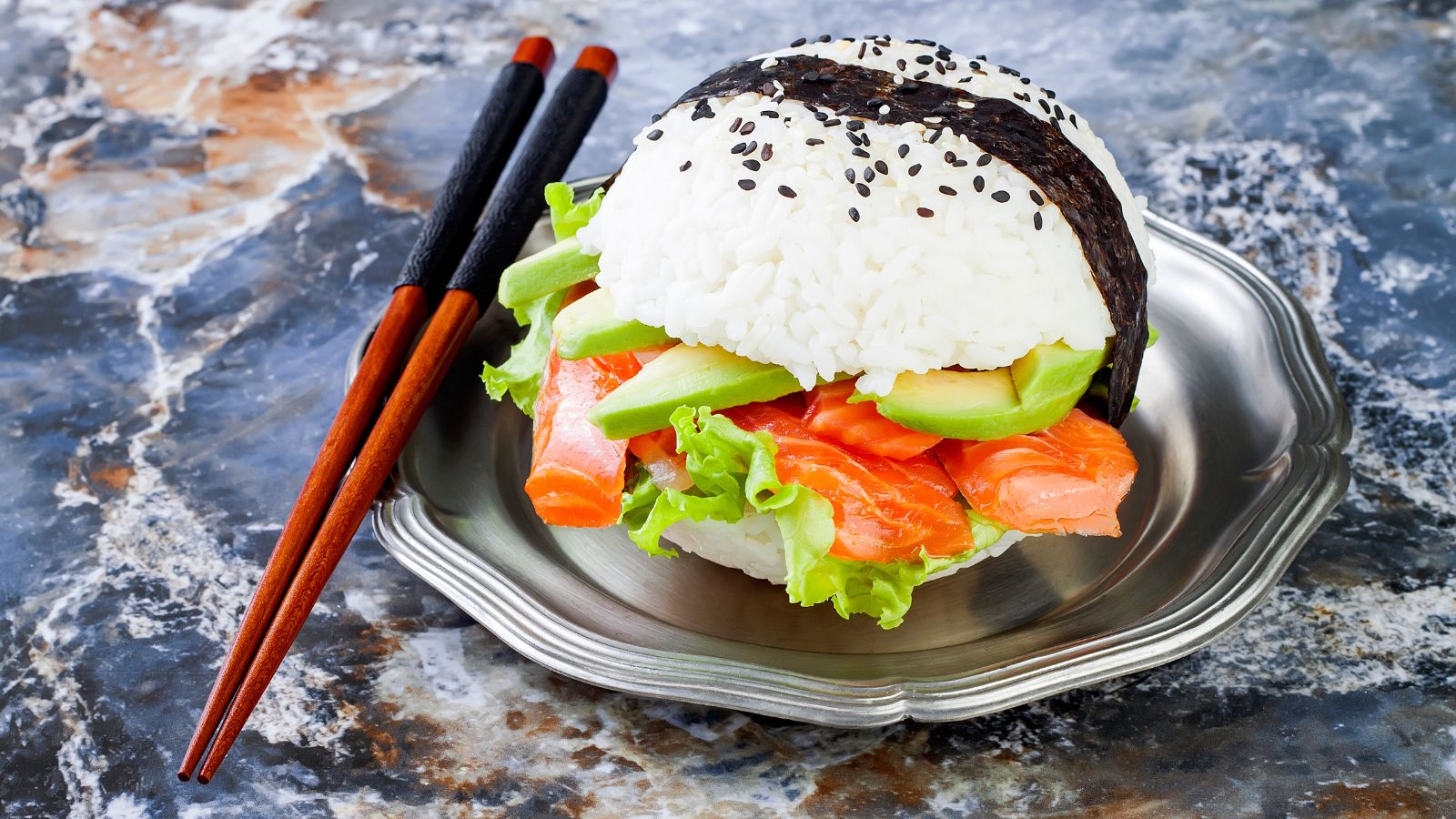
Hybrid foods, like the cronut or the sushi burrito, will merge most cuisines into a single dish for new, exciting flavors. This new trend reflects the experimenting attitude of today’s customers and isn’t necessarily one of the healthiest things, but it certainly will keep evolving menus worldwide.
Homegrown and Foraged Foods

Urban gardening and foraging are getting popular. When people recover access to food sources, they tend to be more interested in learning about and controlling their food quality, from the garden bed in the backyard for those fresh vegetable patches to the wild herbs at hand.
Digital Grocery and Food Delivery Innovation

Online shopping for groceries and meal deliveries has become the new way of life with the creation of e-commerce. Besides saving time, some services involve meal kits with fresh ingredients. Therefore, it eliminates all the guesswork when preparing a meal and decreases waste as the amounts are pre-measured.
Alternative flours

From using only wheat flour for baking and cooking, almond, chickpea, and cassava flours are now available in the market to ensure baking and cooking without gluten and infusing nutrition. These can add varied textures and flavor options to dishes for people opting for alternative food options or simply wanting something new.
Biohacking diets

Biohacking is perhaps the latest popular approach to human modification among people who try to enhance their bodies and brains. People can go about all kinds of nutritional strategies, such as intermittent fasting, ketogenic diets, or other similar types, aimed at improving energy, attention, and performance in physical things. Biohacking broadly promotes more experimental nutrition, often merging food with technology.
Green Packaging

As customers become more interested in the environment, food firms focus on sustainable packaging. Using biodegradable and recyclable items increases the chances of eliminating plastic waste, which is considered attractive to consumers who take note of environmental issues.
Low-Alcohol and Alcohol-Free Beverages

There is an increasingly large market for low-alcohol and alcohol-free drinks among the health-conscious clientele looking for a social experience without the negative implications for health from alcohol. Typically, these products are made from botanicals and spices, offering rich flavors without alcohol.
Ancient Grains Revival
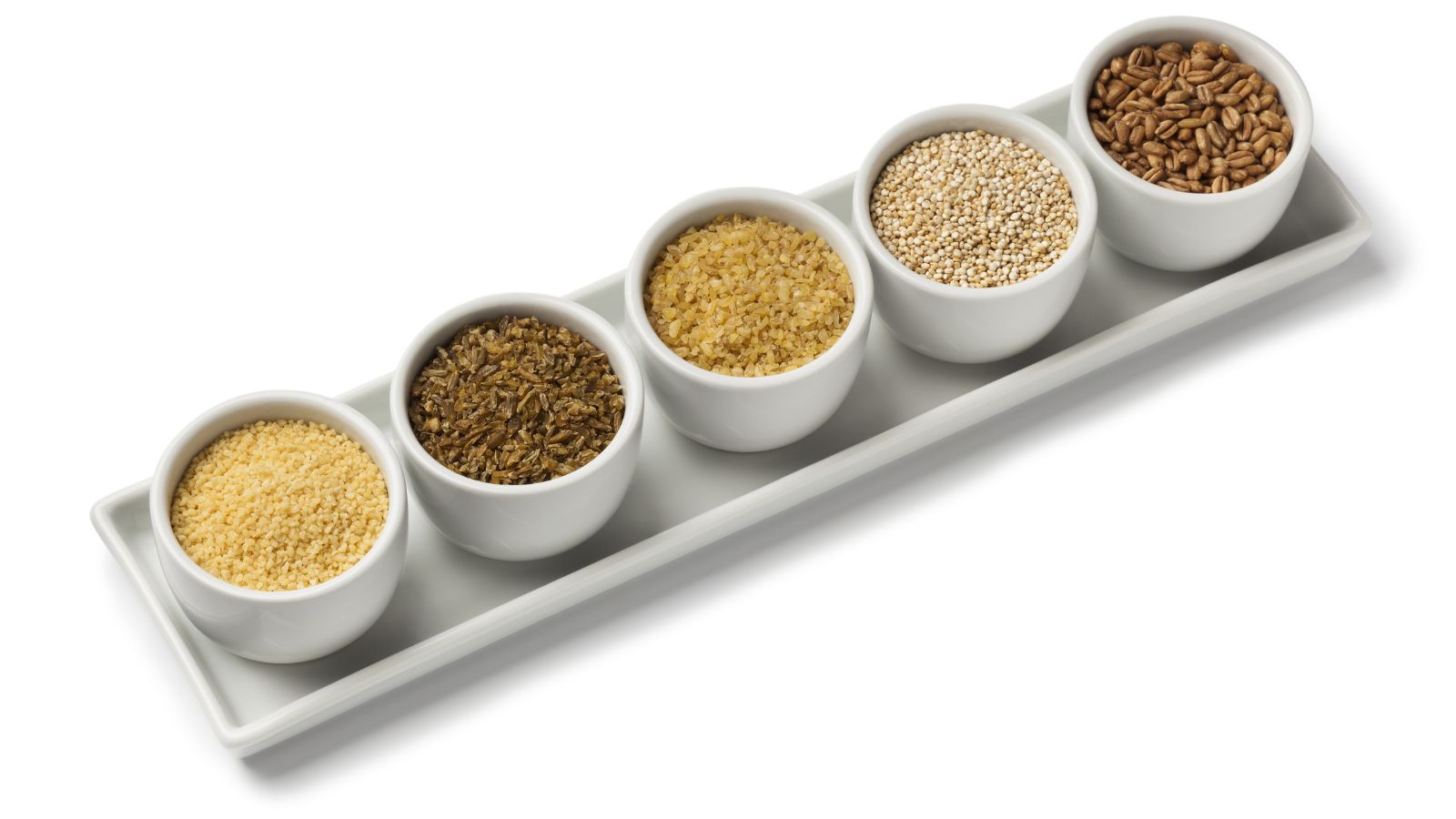
Among ancient grains, one may notice that quinoa, farro, and spelled have gained popularity recently, given their high nutritional values and distinct textures. Most of these grains contain more fiber, proteins, and essential minerals; they have become popular not only for health-conscious consumers but also those wanting an alternative to processed grains.
Immune-Boosting Foods

Foods that boost immunity have become popular, including garlic, ginger, turmeric, and mushrooms. All these foods are rich in antioxidants and other chemicals with immune-boosting abilities, which makes them quite popular during seasonal sicknesses and increases health awareness.
Conclusion
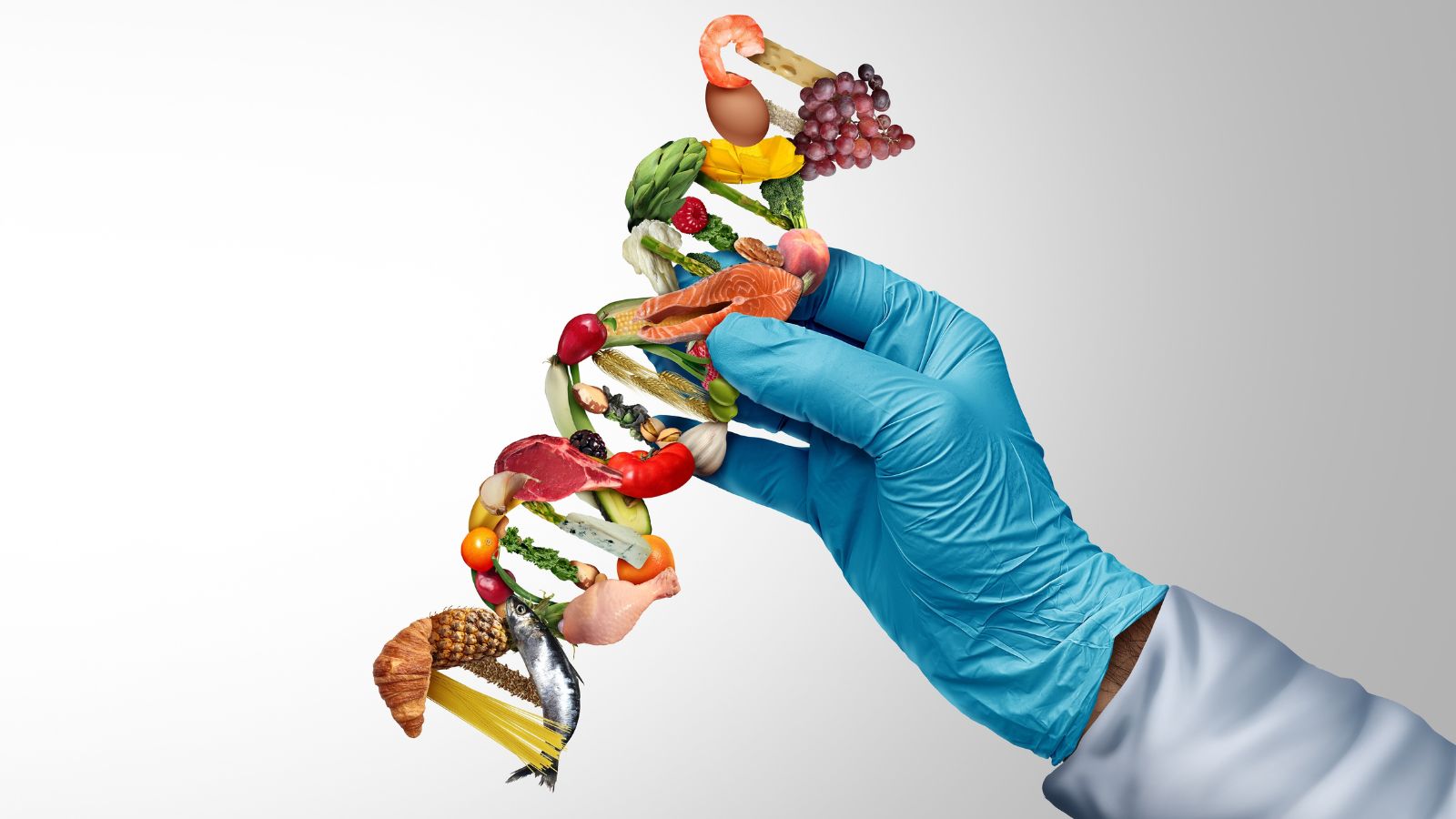
The food sector is on the precipice of global transformation through health awareness, environmental concerns, and technological breakthroughs. Among the trends in this arena are plant-based proteins, functional drinks, personalized nutrition, and sustainable practices in all these directions. Indeed, the diet is slowly transforming into a development that positively affects human health and environmental balance. By embracing these trends, consumers will be able to make choices that favor them while also aiding in creating a more sustainable food system soon.
18 Reasons Why People Are Leaving Florida in Masses

Exploring factors that impact the desirability of living in Florida, this list delves into various challenges shaping residents’ experiences. From environmental concerns like rising sea levels to economic factors such as fluctuating job markets, these issues collectively contribute to a nuanced understanding of the state’s appeal.
18 Reasons Why People Are Leaving Florida in Masses
